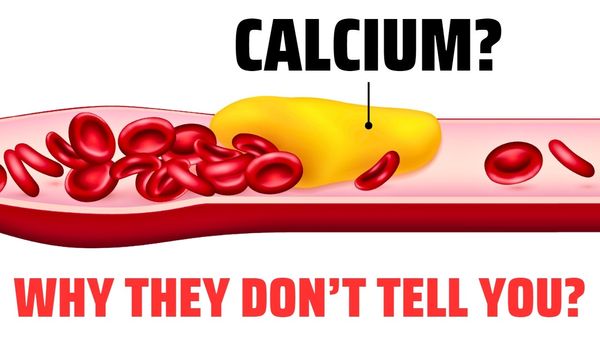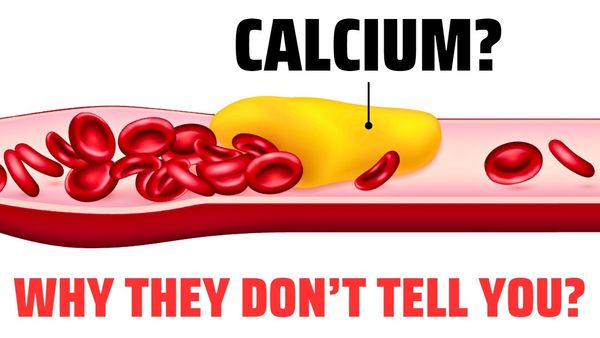

Artery calcification, a major risk factor for heart disease, occurs when calcium builds up in the arterial walls, reducing elasticity and potentially increasing the risk of heart attack and stroke. While most people are aware of the impact of cholesterol on heart health, there is a lesser-known factor contributing to artery calcification — a deficiency in vitamin K2.
What is Vitamin K2?
Vitamin K2 plays a crucial role in managing calcium deposition in the body. Unlike vitamin K1, which primarily supports blood clotting, K2 helps direct calcium to the places it is needed, such as bones and teeth, while keeping it away from areas where it can cause harm, like the arteries.
Regulation of Calcium
Vitamin K2 activates proteins that control calcium deposition. One of these proteins, Matrix Gla Protein (MGP), inhibits calcium from embedding within the arterial walls, preventing artery calcification.
Supports Bone Density
K2 is essential for bone health as it activates a protein called osteocalcin, which integrates calcium into the bones. By ensuring calcium is deposited in the bones, K2 indirectly protects arteries from calcification.
Links to Heart Health
Studies have demonstrated that higher intake of vitamin K2 is associated with a reduced risk of vascular calcification and cardiovascular diseases. Individuals with significant arterial calcium loads may benefit greatly from increasing their intake of vitamin K2.
Common Sources of Vitamin K2
Vitamin K2 is less abundant in the Western diet compared to vitamin K1, which is found in green leafy vegetables. However, you can include the following foods in your diet to increase your vitamin K2 intake:
- Natto: A Japanese fermented soybean dish that is one of the richest sources of vitamin K2.
- Dairy products: Particularly high-fat dairy from grass-fed cows, such as hard cheeses.
- Egg yolks: Eggs from free-range chickens have higher levels of K2.
- Certain meats: Especially liver and other organ meats.
Supplementation and Recommendations
If you are unable to obtain sufficient vitamin K2 from your diet, supplements are available. However, it is important to choose a reputable brand that provides high-quality vitamin K2. Additionally, consult with a healthcare provider who can advise on dietary changes or supplementation to ensure you are getting the appropriate dosage.
Conclusion
If you are concerned about heart health or have been made aware of the risks associated with artery calcification, it may be beneficial to evaluate your vitamin K2 intake. By working with a healthcare provider and making necessary dietary changes or considering supplementation, you can help redirect calcium to where it is needed and protect your arteries from calcification. Take care of your heart health by giving vitamin K2 the attention it deserves.



